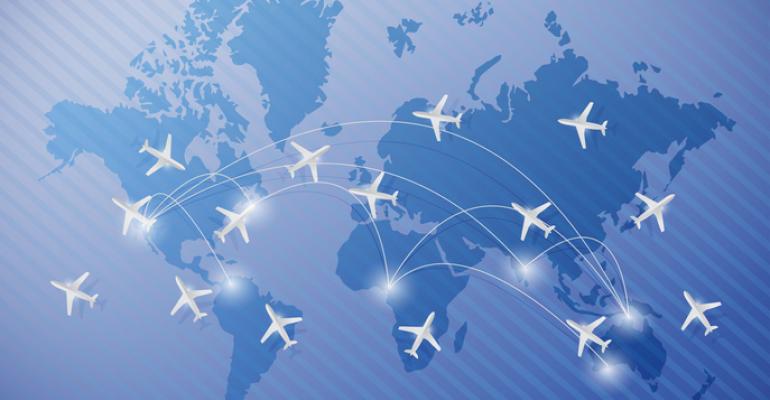For the first time since the Covid pandemic began in March 2020, the World Health Organization has recommended that nations lift or ease their existing travel restrictions, saying they could further the economic strains that have risen throughout the pandemic.
The recommendation, made on January 19 by the organization’s International Health Regulations Emergency Committee, came from the committee’s finding that travel restrictions “do not provide added value and continue to contribute to the economic and social stress experienced” by citizens. The report said such travel restrictions failed to limit the international spread of the omicron variant of Covid and demonstrate the ineffectiveness of such measures over time.
However, the report also said that other travel safety measures—masking, testing, isolation/quarantine, and vaccination—should continue to be used until risk assessments become low in a given region of the world. This is in line with scientists’ belief that Covid is not yet under control in a way that it is considered endemic rather than pandemic. Endemic means that the rate of spread is consistent but low enough that it does not disrupt society. By way of comparison, the flu is considered endemic, given that in an average year roughly one new person is infected for every one person who already has it. In this article in the Financial Times, Harvard University Epidemiologist Bill Hanage stresses that “omicron is not endemic right now much in the same way that the moon is not a hamster.” Until it becomes endemic, the possibility remains that a more dangerous Covid variant could emerge.
For in-person events seeking Covid tests for attendees to take before and during the proceedings, things are not improving on the supply front right now. With Covid cases surging throughout North and South America, test kits are in short supply. As a result, the Pan American Health Organization called on countries to prioritize rapid antigen tests for those with symptoms, who are most at risk of spreading the disease.
Dr. Carissa Etienne, director of PAHO, said at a press conference that 7.2 million new Covid cases were reported in the Americas region over the past week. As a result, countries must “expand testing at the community level to relieve pressure on hospitals, which are working overtime.”
For planners with upcoming in-person events scheduled, looking at bed availability at hospitals in a host destination should be on the pre-arrival checklist. Here is one resource for doing so. One director of public health in the United Kingdom suggested recently in the British Medical Journal that the omicron surge might cause more non-Covid deaths than Covid deaths due to pressure on hospital systems, and that this risk has not been widely communicated.





